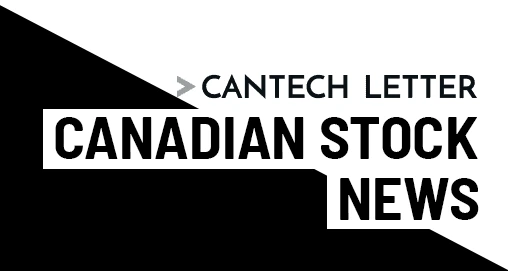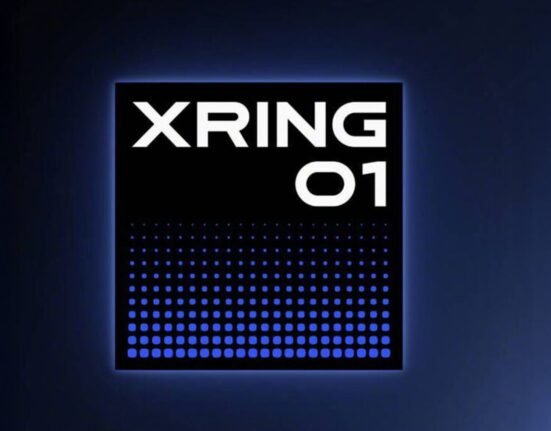Savvy savers are constantly on the lookout for safe and effective ways to make their money work harder.
One good option is the cash Isa, which can help your cash grow without worrying about your savings falling into the tax net.
And now with tax thresholds frozen and the effects of fiscal drag affecting savers, they’re more important than ever.
While they provide valuable tax perks, cash Isas can also give peace of mind to savers seeking a low-risk, easy-access option.
We explain why you should consider stashing your savings in a cash Isa before the 5 April deadline.
Keep in mind, tax treatment depends on your personal circumstances and is subject to change. This is not financial advice.

Cash Isas are generally considered a lower-risk savings option
Higher interest rates
Plenty of savers like to keep the bulk of their cash savings in their current account, but these can offer meagre returns.
Your standard current account usually offers little or no interest, as providers bank on people not moving their money due to convenience.
But it is easy to quickly transfer money over and above what you need to spend each month into a cash Isa – and if you opt for an easy access cash Isa, you can get the money out if you need it.
Cash Isas offer competitive returns – between 4 and 5 per cent (AER) – making them an attractive option for savers who want to find ways to stop their cash being eroded by inflation.
Plum offers new customers a competitive 5.04 per cent (AER)*, which includes a new customer bonus of 1.50 per cent (AER) (variable) if kept for 12 consecutive months. Rate correct from 21/03/25.
The interest rate for Isa transfers and for existing customers is 3.54 per cent (AER).
Plum is not a bank.

If you put your money into a cash Isa, any interest earned is tax-free
Tax-free savings
Putting money into a cash Isa is a lot like stashing money into a regular savings account, but with added tax perks.
With regular savings accounts, any interest earned above the Personal Savings Allowance will be taxed depending on your tax rate.
The allowance is set at £1,000 for basic-rate taxpayers, £500 for higher-rate taxpayers and £0 for additional-rate taxpayers.
This means that if interest earned in your savings account takes you above your personal savings allowance, you will have to pay tax at 20 per cent, 40 per cent or 45 per cent, respectively.
When interest rates were on the floor, the personal savings allowance protected many basic rate taxpayers and some higher rate taxpayers from tax on their interest.
But the rise in interest rates over the past year has pulled up savings rates and this means that more are now being dragged into the savings tax net.
Any interest earned by basic-rate taxpayers over £1,000 will be taxed at a rate of 20 per cent, until your total income reaches £50,270. This rises to 40 per cent for higher rate taxpayers on interest above £500, and 45 per cent for additional rate taxpayers on all interest.
This effectively drops your rate, turning a 5 per cent return on a taxed easy access account into a 4 per cent, 3 per cent or 2.75 per cent one.
However, if you put your money into a cash Isa, any interest earned is tax-free, meaning you won’t have to worry.

Income tax thresholds have not risen in line with inflation, creating something called fiscal drag
A rising personal tax burden
It has become even more important to protect your cash savings from tax, even if you have a smaller pot.
Income tax thresholds have not risen in line with inflation, creating something called fiscal drag.
It means more people will find some of their earnings fall within the higher 40 per cent income tax bracket, and therefore their Personal Savings Allowance will also be reduced to £500.
The reduction of the 45 per cent tax threshold to £125,140, means more people now get no savings allowance at all.
Using a cash Isa can help protect savers their interest from any tax due to fiscal drag.
High Isa allowance
While frozen thresholds make cash Isas important to shield your savings from the government’s tax grab, its high allowance is also an important factor to consider.
Like stocks and shares Isas, savers can shield up to £20,000 from tax each year as part of their allowance. This allows for significant long-term tax-free growth for savers looking to build a large nest egg.
Since the start of the tax year, there is also no limit on the number of cash Isas that you can open with different providers provided you keep under the £20,000 limit.

One of the most appealing elements of a cash Isa is that they are generally considered a lower-risk savings option
Easy access options
Similarly, if you’re looking for a vehicle with tax perks that you can dip in and out of, whether as an emergency fund or for other things like home repairs, cash Isas are a good home.
There is no need to lock your money away for a long time with easy-access cash Isas but be aware that some rates are only available to new customers. There may also be some withdrawal restrictions to keep higher rates.
Low risk
One of the most appealing elements of a cash Isa is that they are generally considered a lower-risk savings option. Like other accounts, they are protected by the Financial Services Compensation Scheme (FSCS) up to £85,000.
Additionally, cash Isas don’t involve investing in stocks meaning your savings won’t fluctuate in value which makes it a perfect vehicle for savers looking to set aside some cash without taking too much risk.
T&Cs and ISA rules apply.
*Rate correct as of 25/03/25
Plum is the trading name of Plum Fintech Limited and Saveable Limited. Plum Fintech Limited (reg. no 09952199) is regulated by the FCA (FRN 836158) and partners with Modulr FS Limited, authorised and regulated by the FCA (FRN: 900573) as an EMI. Saveable Limited (reg. no 09777255), authorised and regulated by the FCA (FRN: 739214) to provide investment services. T&Cs apply. Visit www.withplum.com.
Some links in this article may be affiliate links. If you click on them we may earn a small commission. That helps us fund This Is Money, and keep it free to use. We do not write articles to promote products. We do not allow any commercial relationship to affect our editorial independence.








